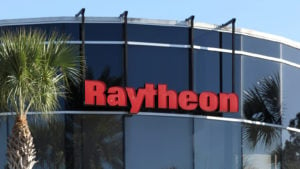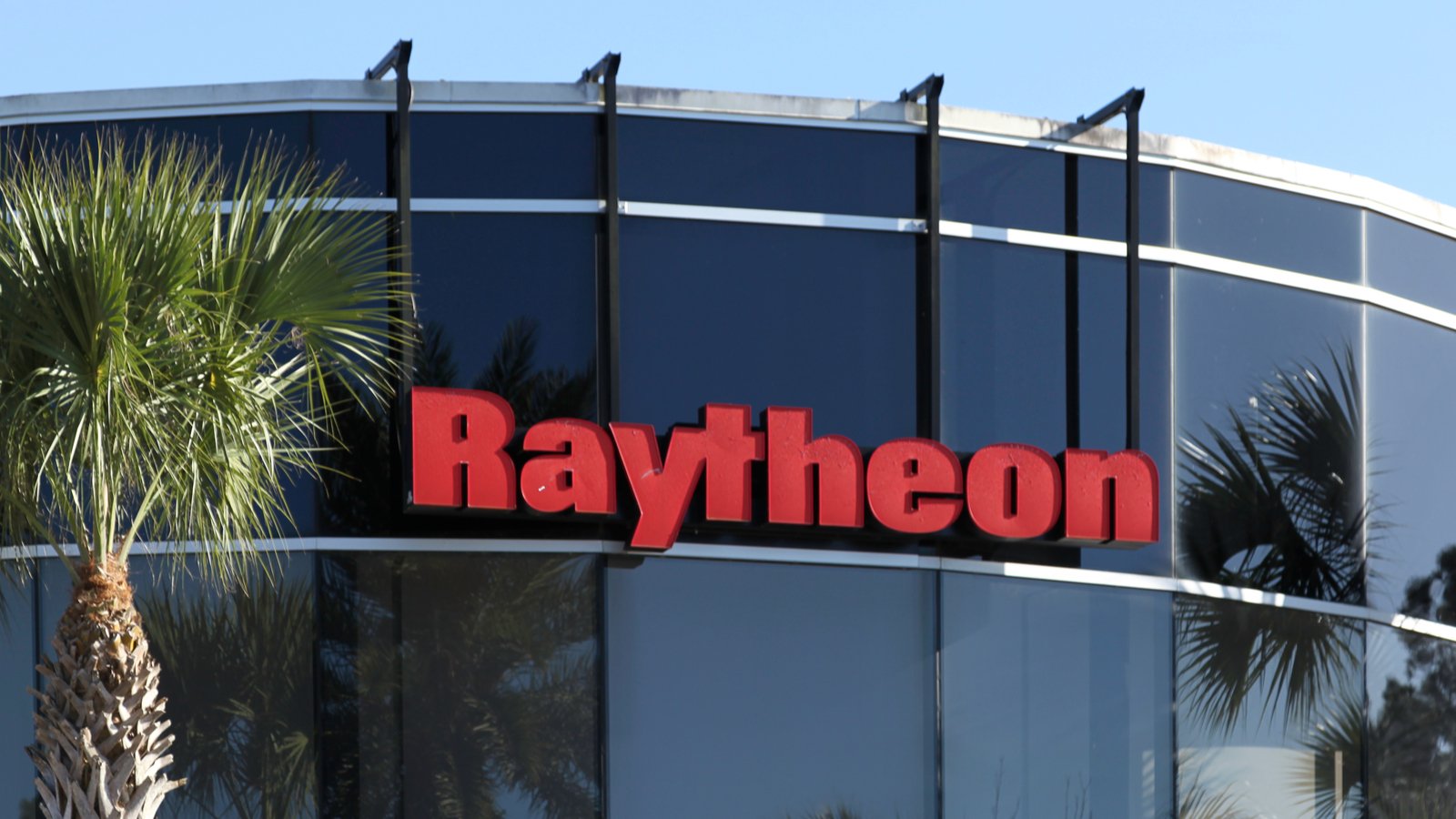Unfortunately, the war between Russia and Ukraine shows no signs of letting up. There’s been a lot of talk around a ceasefire and potential peace deal, but there’s little tangible evidence of a diplomatic breakthrough as of this writing. As such, investors are giving defense stocks like Raytheon Technologies (NYSE:RTX) a close look. RTX stock has jumped 11% year-to-date, easily beating the S&P 500.

Much of Raytheon’s increase has come since Russia began its invasion of Ukraine. Investors might think that the rise in defense stocks will just be a flash in the pan that ends as soon as hostilities cease.
However, that is a short-sighted take that misses the broader cyclical forces at play. As you’ll see, even if the best case comes true and the Ukraine conflict ends tomorrow, companies like Raytheon are still positioned to be solid performers in coming years.
Times Are Changing for Defense Stocks
Up until this past month, defense stocks were trading at historically cheap levels. That came, in part, because the world was in an ebb in terms of defense spending.
The Biden administration pulled troops out of Afghanistan last year, leading to a sharp sell-off in the defense sector. The end of that conflict led to less equipment sales and defense contracting services outright. It also generated the perception that the United States was taking a step back from the world stage to focus more on its domestic affairs.
A Long Cycle of Defense Growth Is Upon Us
Needless to say, that whole perception has flipped 180 degrees recently. Now, everyone is talking about mobilizing troops and defensive gear. NATO is a hot button topic of discussion once again. Perhaps most importantly, major powers such as Germany and Japan have committed to massive increases in their defense spending going forward. Japan hasn’t spent more than 1% of its GDP on defense, for example, since the 1960s, but it plans on topping that figure in coming years.
The other crucial thing about the defense sector is that it has huge lead times. You order a new model of fighter jet, for example, and individual planes will be delivered over many years. And then, oftentimes, there will be additional revenues in terms of providing maintenance, services, and spare parts to that jet. An order today can easily lead to 10 or 15 years of recurring revenues.
All that to say that as countries like Germany and Japan — to say nothing of the U.S. — beef up their military spending now, will lead to above average revenue growth for defense contractors throughout the 2020s. Stocks like Raytheon were selling for less than 15 times relatively depressed earnings before this conflict kicked up. Factor in a higher price to earnings (P/E) multiple going forward and more military orders, and the skies are clear for this sector.
Is Raytheon the Best Defense Stock?
It’s hard to argue against owning some defense stocks as a group here. I have been heavily buying Lockheed Martin (NYSE:LMT) shares since last summer, and I have a position in Raytheon from back when it was United Technologies before the merger. Defense names are a great piece of a portfolio in most economic climates and particularly so in the current one.
That said, is Raytheon the most attractive defense stock? For a single name, it’s hard to argue against Lockheed’s vast range of military and aerospace equipment that spans tons of product lines. As a single name set and forget pick, Lockheed’s combination of internal diversification, strong dividend policy, and attractive valuation stand out.
RTX Stock Is Solid Pick
However, you can also make a persuasive argument for Raytheon. Raytheon is unique in that it has large exposure to both commercial aviation through its jet engine business and also the military. On the military side of things, Raytheon is particularly involved in missiles and missile defense systems, IT services, and the projection of military force in space.
From a valuation standpoint, Raytheon is trading around 20x this year’s projected earnings, and 16x 2023 earnings. That’s not bad at all, particularly considering that it may still harvest more cost savings from its merger with United Technologies.
Raytheon and Lockheed Martin are hardly the only investable defense contractors. Some other good picks would include Northrop Grumman (NYSE:NOC) and L3Harris Technologies (NYSE:LHX). For investors looking to make an initial allocation to the sector, however, it’s hard to go wrong with the biggest names and RTX stock certainly fits the bill.
RTX Stock Verdict
Sure, Raytheon’s stock price has already climbed significantly over the past month. It’s not a deep value play anymore. That much is true. However, the range of potential outcomes still tips considerably to the upside from here.
The bigger question is not whether to own defense stocks in general, but which ones in particular and how big of a position to make them. Raytheon is certainly one of the most appealing options in its industry.
On the date of publication, Ian Bezek held a long position in LMT and RTX stock. The opinions expressed in this article are those of the writer, subject to the InvestorPlace.com Publishing Guidelines.
